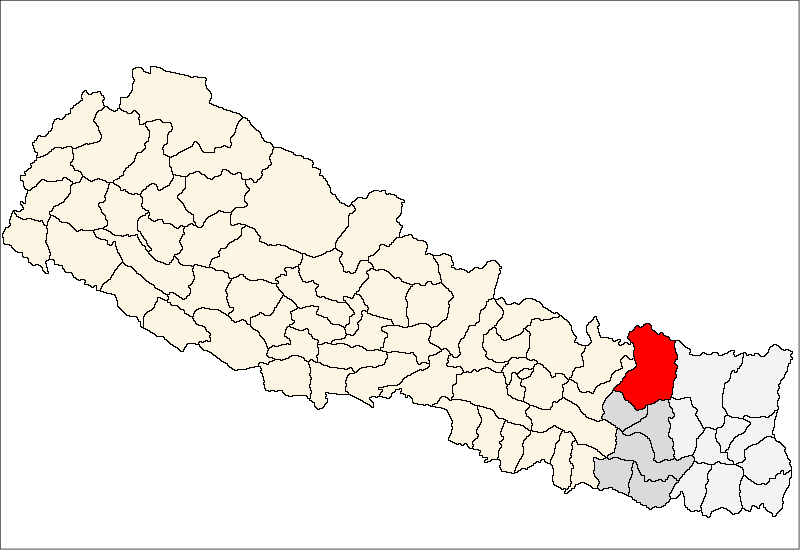
OR
Editorial

In a significant stride towards sustainable energy collaboration, Nepal has embarked on a groundbreaking initiative that holds immense promise for its future and that of its neighbors. A preliminary agreement has been reached, involving Nepal, India, and Bangladesh, to facilitate the supply of electricity from Nepal to Bangladesh. While the initial phase involves exporting 40 megawatts (MW) of electricity, the symbolic value of this agreement cannot be understated. This agreement not only underscores regional cooperation but also showcases the potential for clean energy solutions to propel economic development and environmental stewardship. The Ministry of Energy, Water Resources, and Irrigation and Independent Power Producers' Association of Nepal both have lauded this preliminary agreement, recognizing it as a remarkable milestone. It is indeed a noteworthy achievement for Nepal.
At first glance, the export of 40MW of electricity may seem modest. However, it is essential to view this development through a broader lens. This agreement is not merely about the quantity of electricity traded; rather, it is a testament to the spirit of cooperation and mutual benefit that drives such initiatives. The willingness of Nepal, India, and Bangladesh to collaborate on harnessing Nepal's abundant hydropower potential speaks volumes about their commitment to shared prosperity and cleaner energy alternatives. A key facilitator of this energy exchange is India's NTPC Vidyut Vyapar Nigam (NVVN), designated as the nodal agency by the Indian government. This strategic involvement demonstrates India's commitment to regional energy integration and reinforces its role as a responsible regional player. By actively participating in the facilitation of power transmission between Nepal and Bangladesh, India showcases its willingness to transcend traditional boundaries for the greater good.
Furthermore, the mode of communication and negotiation adopted for this agreement is noteworthy. The use of email exchanges between the three countries highlights the modern, efficient, and interconnected world in which we live. While geopolitical considerations often dominate headlines, this agreement underscores the power of digital diplomacy and cooperation in shaping a more sustainable future. Bangladesh's aspiration to purchase 9,000 MW of electricity from Nepal by 2040 reflects its commitment to transitioning to cleaner energy sources. This pursuit aligns with Bangladesh's broader environmental objectives and underscores its recognition of the critical role that hydropower can play in reducing carbon emissions and mitigating the effects of climate change. By investing in projects in Nepal and actively engaging in energy trade, Bangladesh is sending a strong signal that collaboration and shared responsibility are essential components of a greener future.
The timing of this agreement is opportune, as it coincides with Nepal's plans to supply monsoon-generated electricity to Bangladesh. Monsoon rains bring an abundance of water to Nepal's rivers, providing a prime opportunity for hydropower generation. By capitalizing on this seasonal surplus and exporting electricity to Bangladesh, Nepal can not only enhance its energy security but also contribute to the region's overall stability. As preparations intensify towards finalizing the agreement, it is important to acknowledge the broader implications of this landmark development. Beyond the immediate economic benefits, this agreement serves as a model for cross-border collaboration and sustainable development. It showcases how nations can pool their resources, expertise, and aspirations to achieve common goals, even in a world marked by geopolitical complexities. While the initial phase involves a relatively modest 40MW of electricity, the underlying spirit of cooperation and mutual benefit is what truly sets this agreement apart. As a newspaper, we believe that it is a beacon of hope in a world that often seems fraught with divisions. This also demonstrates that through shared commitment and forward-looking policies, nations can collaborate to shape a more sustainable and prosperous future. This initiative not only unlocks Nepal's hydropower potential but also illuminates a path towards greater regional harmony and environmental stewardship.
You May Like This

Bangladesh to purchase 50 MW of electricity from Nepal
KATHMANDU, Oct 16: Bangladesh is going to purchase 50 MW of electricity from Nepal. Prime Minister of Bangladesh, Sheikh Hasina... Read More...

India beats nine-man B’desh to win first SAFF title
KATHMANDU, Sept 30: Goal celebration cost Bangladesh the title of SAFF U-18 Championship, as it gave away the final game... Read More...

Nepal, Bangladesh to lock horns in volleyball friendly
KATHMANDU, August 29: Nepal’s national volleyball team is taking on Bangladesh in its first of two friendly matches on Tuesday at... Read More...




Just In
- NEA Provincial Office initiates contract termination process with six companies
- Nepal's ready-made garment exports soar to over 9 billion rupees
- Vote count update: UML candidate continues to maintain lead in Bajhang
- Govt to provide up to Rs 500,000 for building houses affected by natural calamities
- China announces implementation of free visa for Nepali citizens
- NEPSE gains 14.33 points, while daily turnover inclines to Rs 2.68 billion
- Tourists suffer after flight disruption due to adverse weather in Solukhumbu district
- Vote count update: NC maintains lead in Ilam-2













Leave A Comment